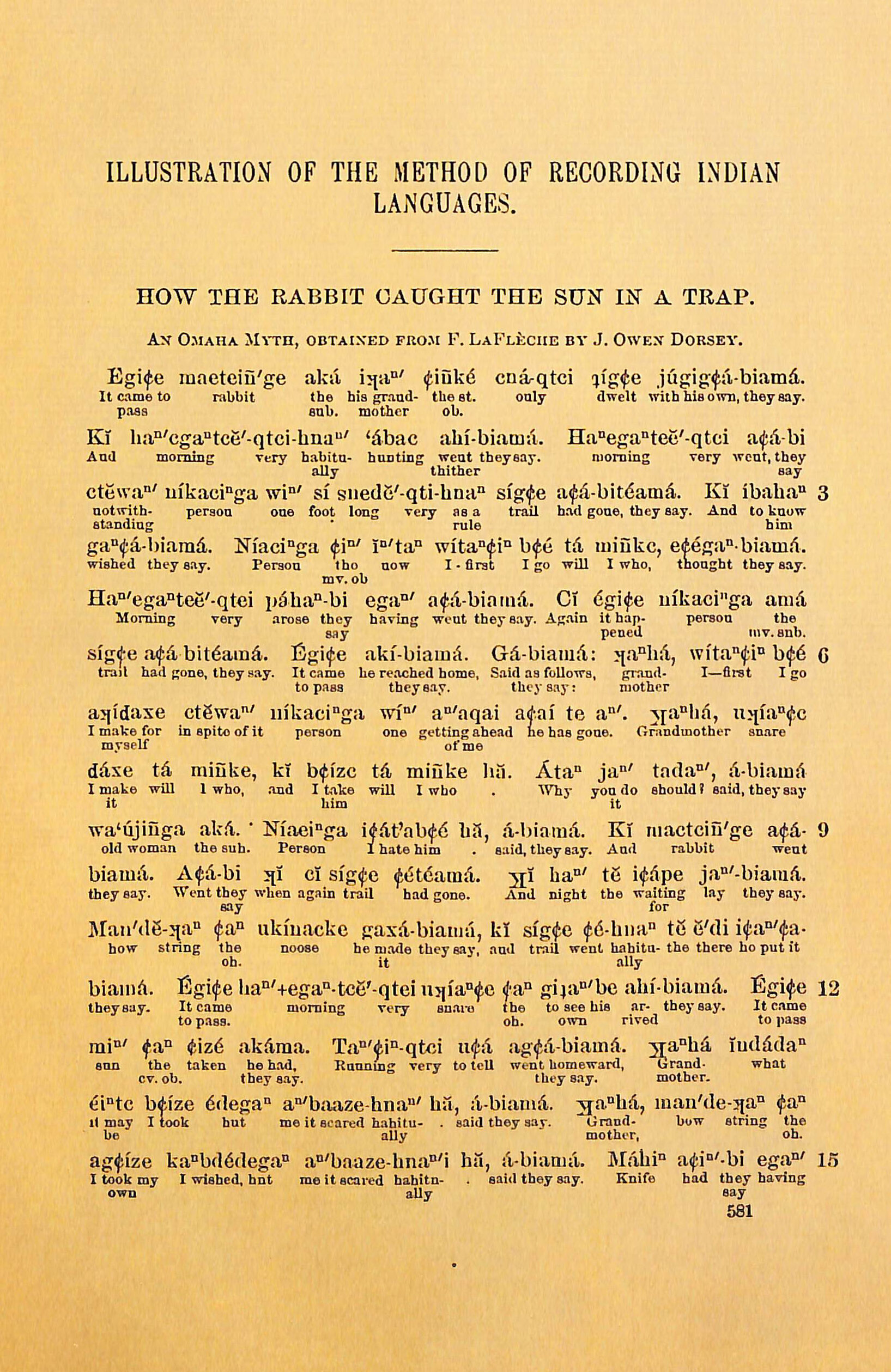Paris, Université Paris Cité
April 11-12th 2024
Cet événement a reçu le soutien de l’appel à projets Animations Scientifique de la faculté Sociétés & Humanités d’Université Paris Cité / This workshop has received financial support from Université Paris Cité’s Faculty of Humanities and Social Sciences

This workshop, to be held on April 11th and 12th 2024 in Paris, will bring together descriptive linguists who engage with legacy materials on their language (or language group) of specialization. The workshop will be co-hosted by the Histoire des théories linguistiques research group and the Cambridge Endangered Languages and Cultures Group and thus provide opportunities for exchange between historians of linguistics, field linguists and linguists working with endangered languages.

For linguists involved in language description and documentation, the multiple crises of the last few years have in some cases made access to field sites difficult. This has often led to a renewed interest in mining earlier descriptive materials (broadly defined here as those produced prior to the 1960’s and to the appearance of the first field manuals for descriptive linguistics) to complement field data collected in person. Such legacy sources, which can result from colonial, missionary, scientific enterprises, among others, can be challenging to use for a number of reasons: modern-trained linguists may question their reliability and methodological biases, and be faced with unfamiliar terminology, ontological systems, frameworks, presentation style, typographies, etc.
Yet these materials can often contribute in a tangible way to contemporary language analyses: they may contain data which can provide insights for diachronic work; otherwise inaccessible lexical data; textual materials in registers or genres missing from the contemporary corpus; morphological data necessary to complete paradigms. At the meta-grammaticographical level, these resources are likely to inform us about earlier data collection methodology, the development of data annotation and glossing practices, the evolution of grammatical categories and their interrelations, approaches to language description (and notably the question of onomasiology vs. semasiology), and the changing role of the various subfields of linguistics in descriptive work, among others.
Some of the questions we will explore during this workshop are:
- What specific issues have descriptive linguists been faced with in using older materials? What solutions have they arrived at to resolve such issues?
- What sorts of elements can be gleaned from the use of such older materials, in terms of the evolution of the practice of grammar-writing and the methodology of data collection?
- What solutions can historians of linguistics, who are deeply familiar with such materials, bring to the table, through collaboration with descriptive linguists and typologists, to make the materials more accessible?
- What does using older descriptive materials reveal about our current perspectives on what makes a “good” grammatical description?



